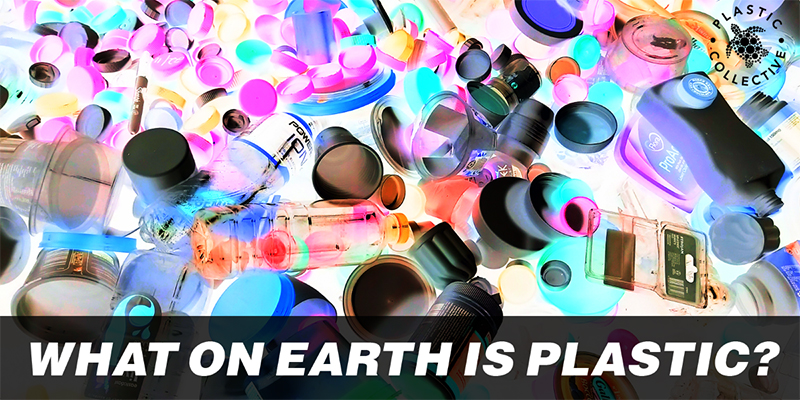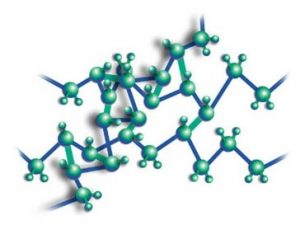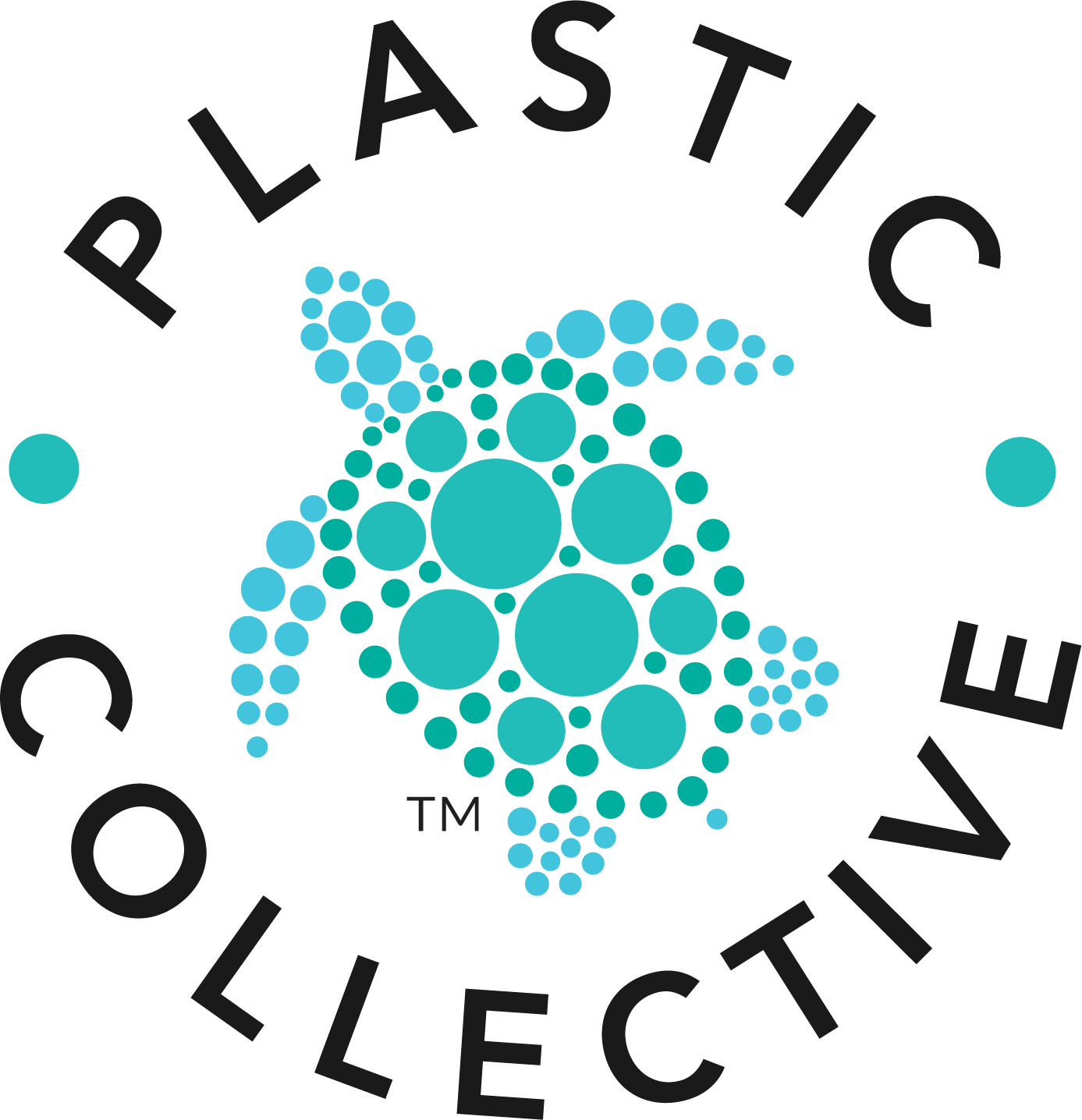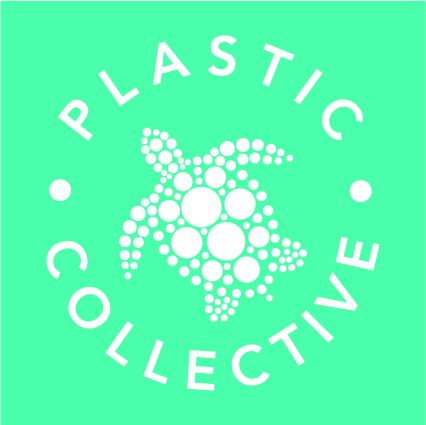What on Earth is Plastic?
– Plastic Collective, Understanding Plastic Series

“From packaging materials, through fibers, foams and surface coatings, to continuous extrusions and large-scale moldings, plastics have transformed almost every aspect of life. Without them, much of modern medicine would be impossible and the consumer electronics and computer industries would disappear.” ~ Norman C. Billingham
Plastic was originally named ‘Plastikos’ (derived from the Latin meaning ‘to mould)’. Initially, only a few partially synthetic, primarily plant based plastics were invented in the 1800s. When Alexander Parkes, in 1867, invented ‘Parkesine’, the plastics industry began to emerge. Unable to consistently reproduce Parkesine however, it would be John Wesley Hyatt who would be credited in the 1870’s for the invention of Celluloid, the first true thermoplastic. Celluloid rapidly became a commercial success and other cellulose based inventions followed.
Chemist Leo Baekeland followed decades later with his invention of the first thermosetting plastic, ‘Bakelite’ in 1909. Realising its potential, the manufacturing industry quickly adopted the material. An unusually strong, lightweight and durable material with the ability to be shaped into almost any product, mass market manufacturers ushered in a new era of previously inaccessible, affordable and convenient consumer goods.
“I was trying to make something really hard, but then I thought I should make something really soft instead, that could be molded into different shapes. That was how I came up with the first plastic. I called it “Bakelite”. ~ Leo Baekeland
Thermoplastics and thermosets are the two types of plastics that most plastic consumer goods are created from today. 80% of all plastics produced are thermoplastics, which means they can be moulded and remoulded, while only 20% are thermosets. Thermosets, unlike thermoplastics, can only be set once and cannot be moulded ever again. For our current purpose, we’ll refer to ‘thermoplastics’ as ‘plastics’ and explore more on thermosets at a later time.
Plastics are made synthetically from a range of organic materials found in nature, including both non-renewable and renewable sources, and all have carbon-based compounds.
The reason plastics are so strong and durable is that they are made up of long chains of carbon atoms, sometimes reaching up to two thousand or more in a chain. Attached to these strong ‘C-backbones’ are mostly smaller hydrogens, often referred to as ‘hydrocarbons’.
These long chain molecules belong to the ‘polymer’ group (meaning ‘many parts’). Polymers can be found naturally in nature or can be synthesised by humans. ‘Synthetic’ polymers include plastic and vulcanised rubber, while ‘natural’ polymers include cellulose, (natural) rubber, silk, wool, DNA and proteins.
Over the past 150 years, non-renewable fossil fuels (petrochemicals) have been the main source of all plastic production. These petroleum based fossil fuels are derived from ancient plants, buried for a very, very long time without any exposure to oxygen. These fuels are mined as coal, oil and gas and all are used in the production of plastic.
As global demand for petrochemical feedstock accounted for 12 million barrels per day (bpd), or roughly 12 percent of total demand for oil in 2017, a shift away from plastics made from petrochemicals will contribute to an overall reduction in the current global plastic problem by lowering its already high carbon footprint.
Global research supporting the negative impacts of fossil fuels and plastic on the health of our environment is driving extensive media exposure and raising social awareness. The result is an ever increasing consumer demand for products derived from renewable materials, driving change in the plastic industry in the same way that it is driving greater demand for renewable energy sources. As a result, renewable alternatives for plastic produced from plants such as corn, hemp, cassava, soy, algae and seaweed, as well as fungi (mushrooms) are now being produced more widely.
It should however be stressed that one of the great misnomers of our time is that all plastics made from ‘renewable’ materials are biodegradable and/or compostable. Simply stated, this is false. It is possible that plastics made from plant based renewables or “bioplastics” may NOT be biodegradable or compostable, just as plastics made from non-renewables, such as fossil fuels, may be.
When making socially responsible consumer choices, it is important to understand that the life expectancy and recyclability of plastic material is not dependent on the material it is derived from (non-renewable vs. renewable). It IS dependent on how the plastic is designed. Understanding this key difference is essential if you’re to avoid being misled by the “greenwashing” of biodegradable or compostable plastic products on the basis that they are derived from ‘renewable’ sources. Things are not always as they seem.
In the next part of our “Understanding Plastic” series, we’ll start to unravel and explore the misconceptions of “bioplastic” further to allow you to more confidently make informed choices when negotiating this quickly changing, and somewhat complicated shift in the plastic industry affecting the conscious consumer of today.
Our purpose at Plastic Collective is to show people how to find value in plastics as a resource, to understand which plastics can be recycled or recovered, and provide solutions to eliminate those which can’t be, thus preventing disposal of plastics. This will create sustainable circular economies which no longer rely on the ‘take-make-dispose’ attitude.



